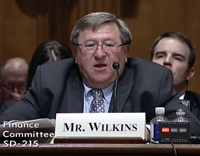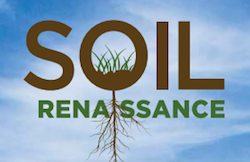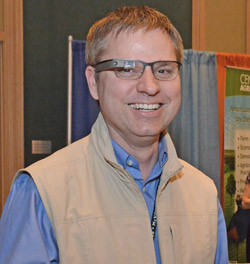 The National Corn Growers Association has added a new “Take Action on Weeds” section to its website as a resource of farmers combating herbicide resistance issues. This resource, developed by the United Soybean Board through its Take Action program, offers a wide array of information developed over several years to help farmers combat weed resistance through best management practices.
The National Corn Growers Association has added a new “Take Action on Weeds” section to its website as a resource of farmers combating herbicide resistance issues. This resource, developed by the United Soybean Board through its Take Action program, offers a wide array of information developed over several years to help farmers combat weed resistance through best management practices.
“The increased exposure of this program comes at a fortuitous time as many herbicide resistant cropping systems are currently under consideration by the U.S. Department of Agriculture and the U.S. Environmental Protection Agency,” said NCGA Trade Policy and Biotechnology Action Team Chair Jim Zimmerman. “This program demonstrates the proactive measures our industry is taking to monitor itself and constantly push for the adoption of ever-evolving best management practices. As farmers, we understand the importance of cooperation and proactive adoption of practices that benefit the industry and the environment. We do not see a need for expensive government regulation in light of our efforts.”
The “Take Action on Weeds” center includes a variety of resources developed to help farmers increase their understanding of current best management practices. With information on herbicide classifications, integrated pest management-plant protection programs and a weed scouting guide, the interactive resource offers a wide and rich array of information and tools.
NCGA, along with several other commodity organizations, joined with USB to help promote this important program. It enjoys broad support across the agricultural community and serves as an example of an effective collaboration between a cross-commodity partnership and agricultural input companies.











